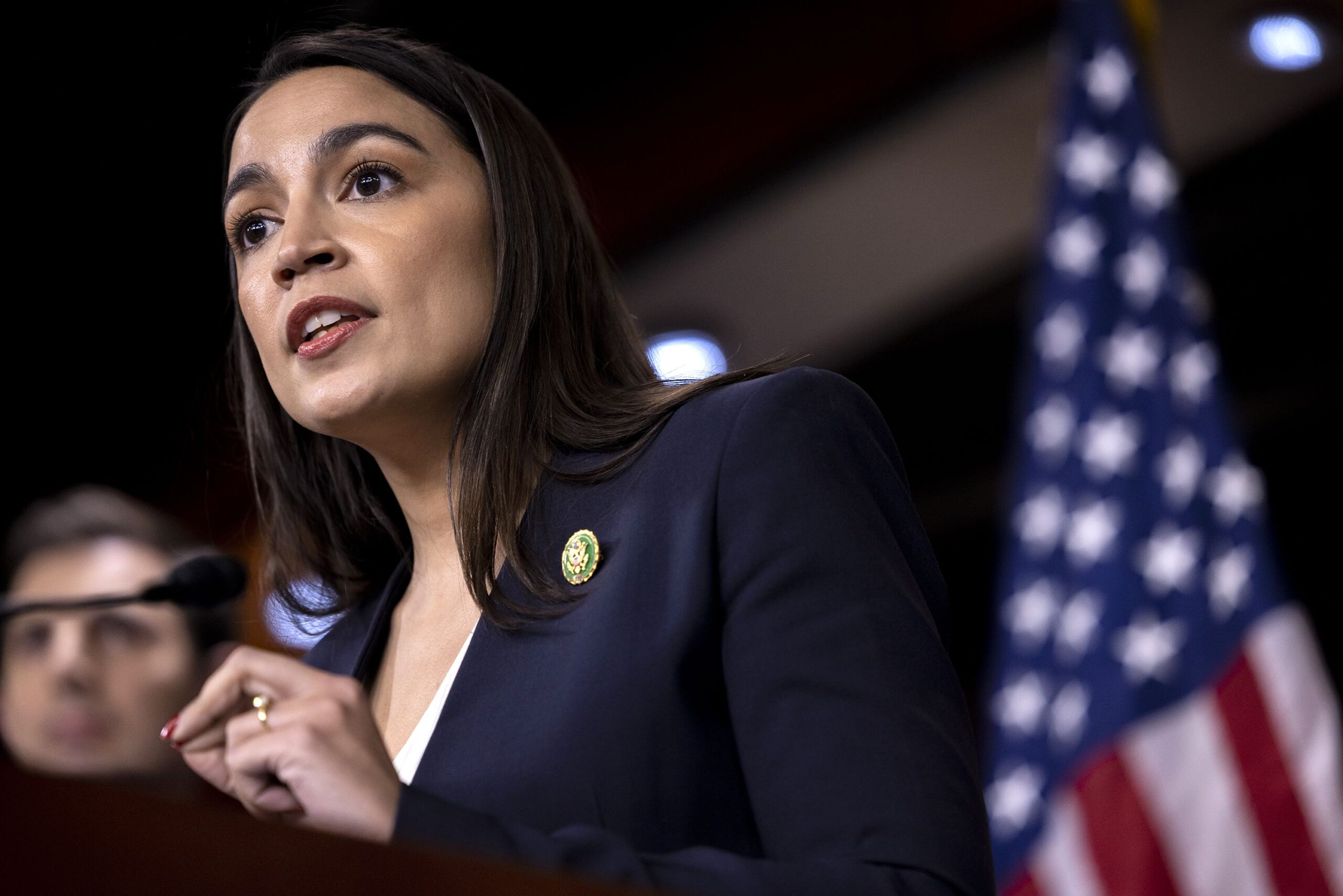AOC Under Fire: Immigration Guidance Sparks Legal Concerns
Representative Alexandria Ocasio-Cortez (D-N.Y.) is facing intense scrutiny after a former federal prosecutor suggested that her advice to undocumented immigrants could put her in legal jeopardy. Jonathan Fahey, a former prosecutor, recently argued that Ocasio-Cortez’s guidance on avoiding detention by Immigration and Customs Enforcement (ICE) might be considered obstruction of justice, a serious federal offense. The claim has ignited a fierce debate over whether her efforts to inform undocumented individuals of their rights cross a legal boundary.
Fahey made these remarks during a television appearance in which he analyzed concerns raised by Tom Homan, the former acting director of ICE under the Trump administration. Homan has repeatedly criticized Democratic lawmakers for what he perceives as efforts to shield undocumented immigrants from deportation. Fahey agreed with Homan’s perspective, arguing that Ocasio-Cortez’s public advocacy on immigration issues may go beyond simple legal education and instead function as a method to obstruct federal enforcement efforts.
Examining the Legal Argument
At the heart of this controversy is whether Ocasio-Cortez’s actions could legally be defined as interference with federal immigration enforcement. The law prohibits knowingly assisting someone in evading arrest or legal consequences. Fahey suggested that Ocasio-Cortez’s statements and informational materials—especially those instructing individuals on how to interact with ICE agents—could be interpreted as an attempt to hinder federal operations.
One of the key issues raised was Ocasio-Cortez’s repeated assertion that being present in the U.S. without legal documentation is not a crime. While overstaying a visa is typically a civil violation, unlawful entry into the country is a federal offense. Critics argue that downplaying this fact misleads the public and fosters a false perception of immigration laws.
The Role of AOC’s Webinars and Resources
The controversy intensified after Ocasio-Cortez hosted a series of bilingual webinars aimed at educating undocumented immigrants about their rights. These sessions featured legal experts, including attorneys from the Immigrant Defense Project, who advised viewers on what to do if confronted by ICE agents. One recurring piece of advice was that individuals should not open their doors to ICE unless presented with a valid warrant signed by a judge.
Ocasio-Cortez has also distributed informational flyers that include instructions such as requesting that ICE agents slide a warrant under the door for verification. Additionally, her office provides access to free legal aid for individuals facing deportation proceedings. While supporters argue that these efforts empower vulnerable communities, critics view them as a deliberate strategy to impede lawful immigration enforcement.
Political Backlash and Public Reaction
The backlash against Ocasio-Cortez has been swift, with conservative commentators and lawmakers accusing her of encouraging illegal behavior. Some have called for an investigation into whether her actions constitute obstruction of justice or any other federal violation.
Meanwhile, her supporters argue that she is merely ensuring that individuals are aware of their constitutional rights. They point out that knowledge of legal protections—such as the right to remain silent and the right to an attorney—applies to all individuals, regardless of immigration status.
Broader Implications
The debate over Ocasio-Cortez’s immigration guidance highlights the broader political divide over immigration policy in the United States. With the Biden administration facing ongoing criticism over border security and deportation practices, the conversation surrounding undocumented immigrants remains a heated issue.
As the controversy unfolds, legal experts continue to weigh in on whether Ocasio-Cortez’s actions truly amount to obstruction or simply constitute legal advocacy. Whether or not formal legal action is taken, the case underscores the complexities of immigration law and the challenges of balancing enforcement with civil rights protections.
Watch it here:
